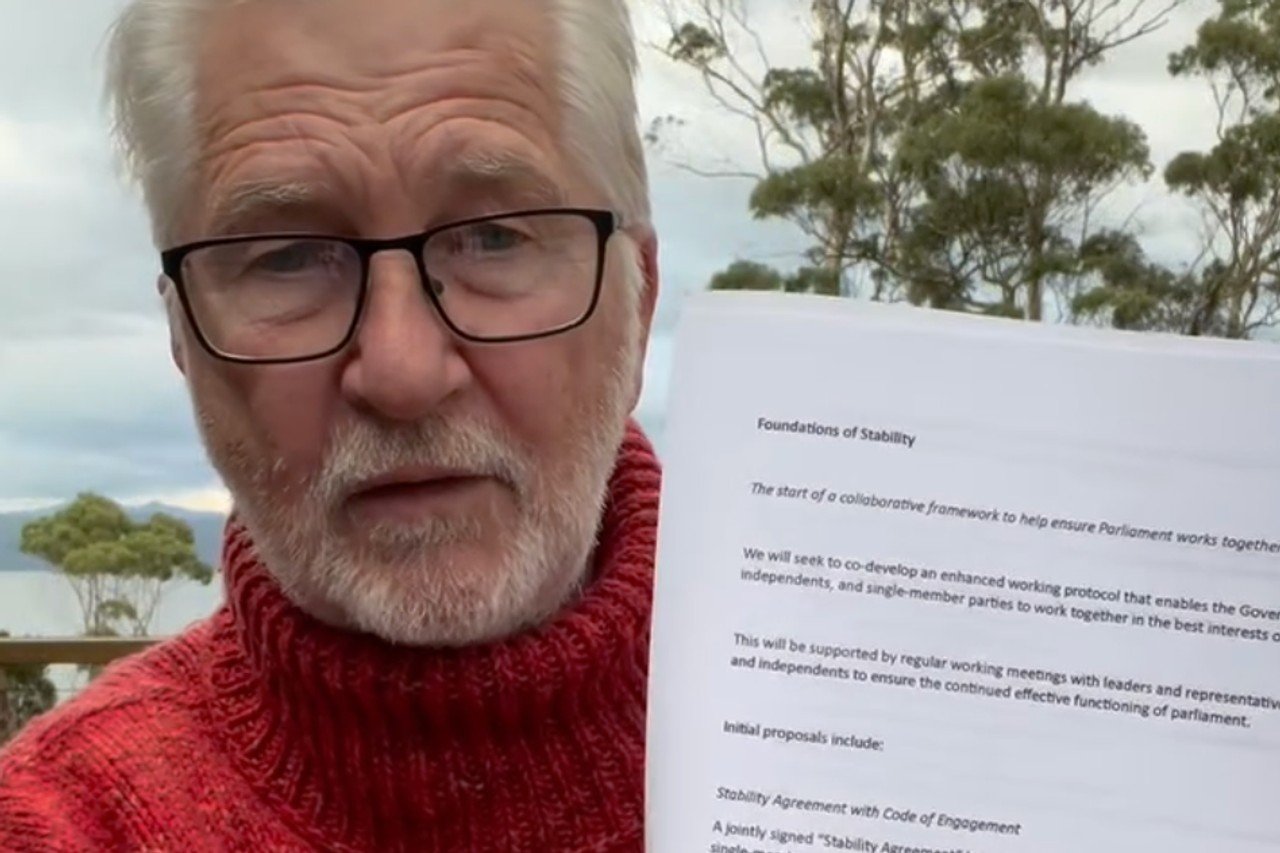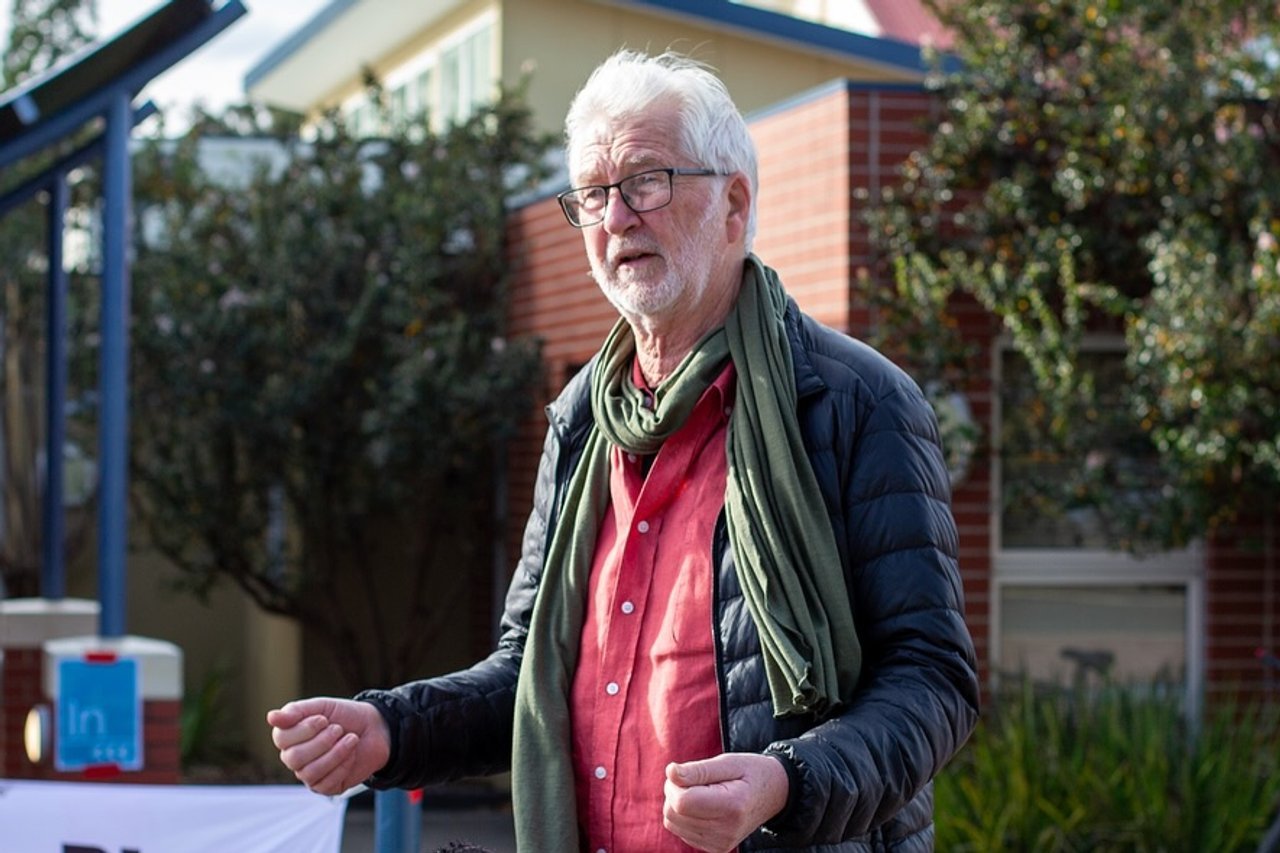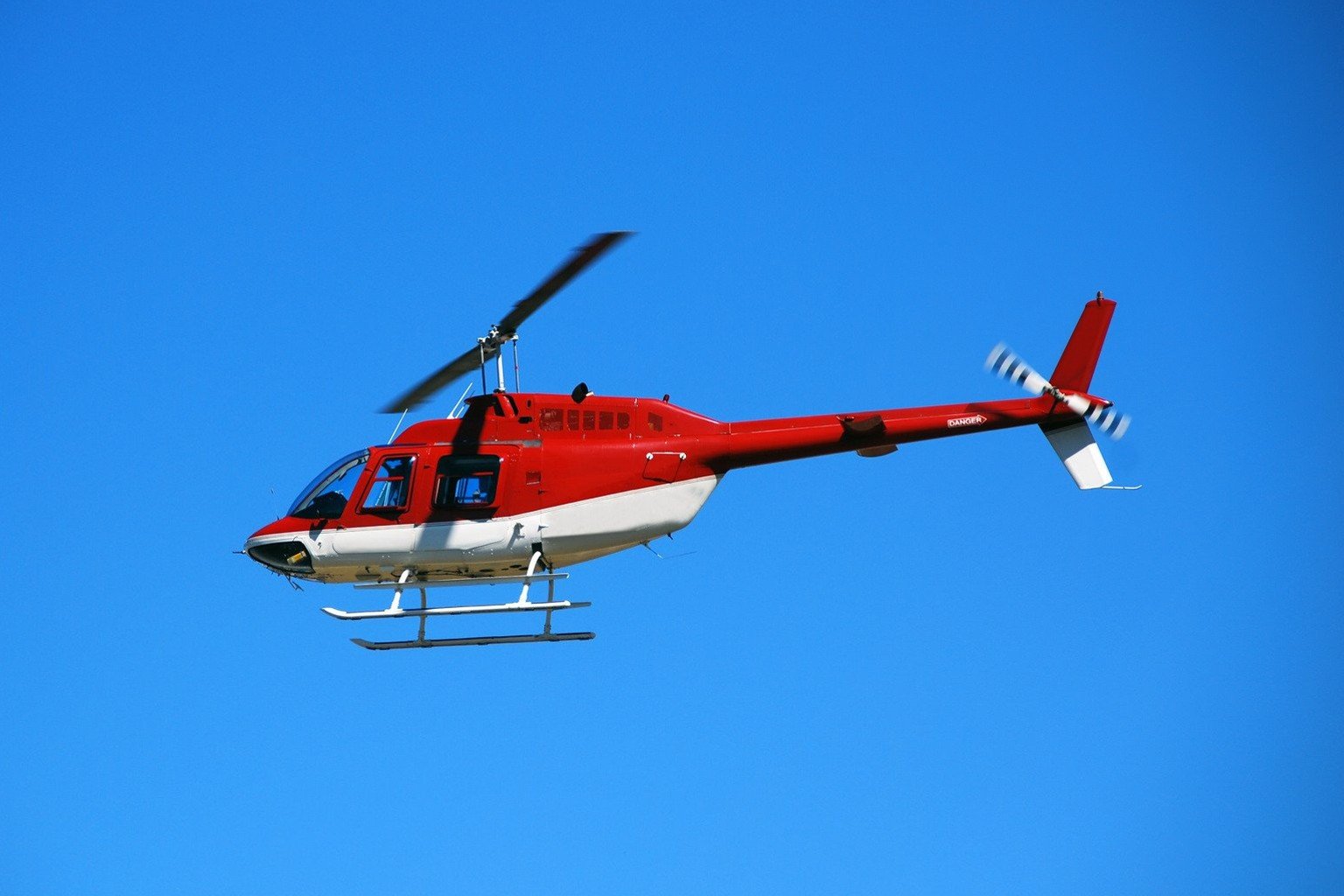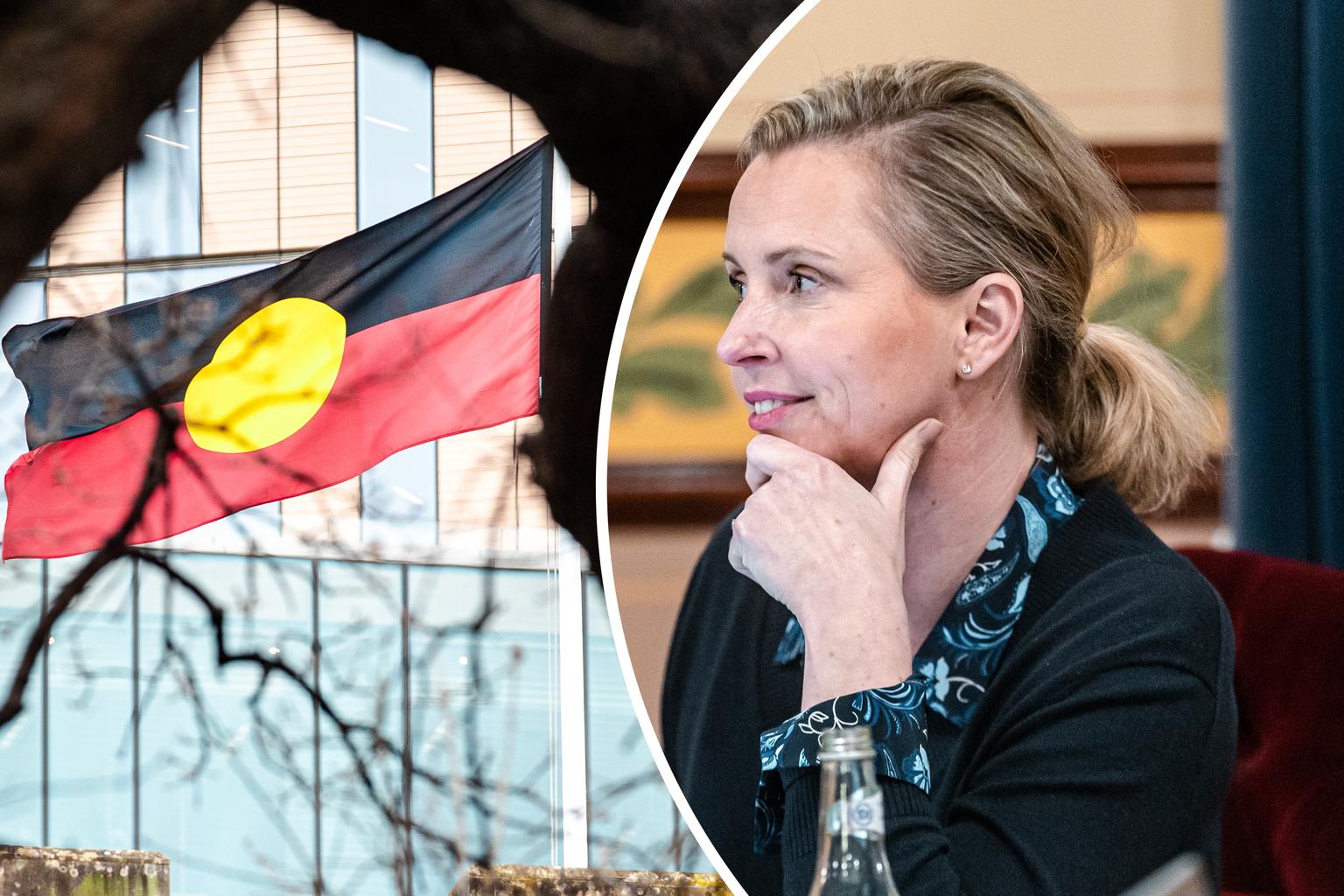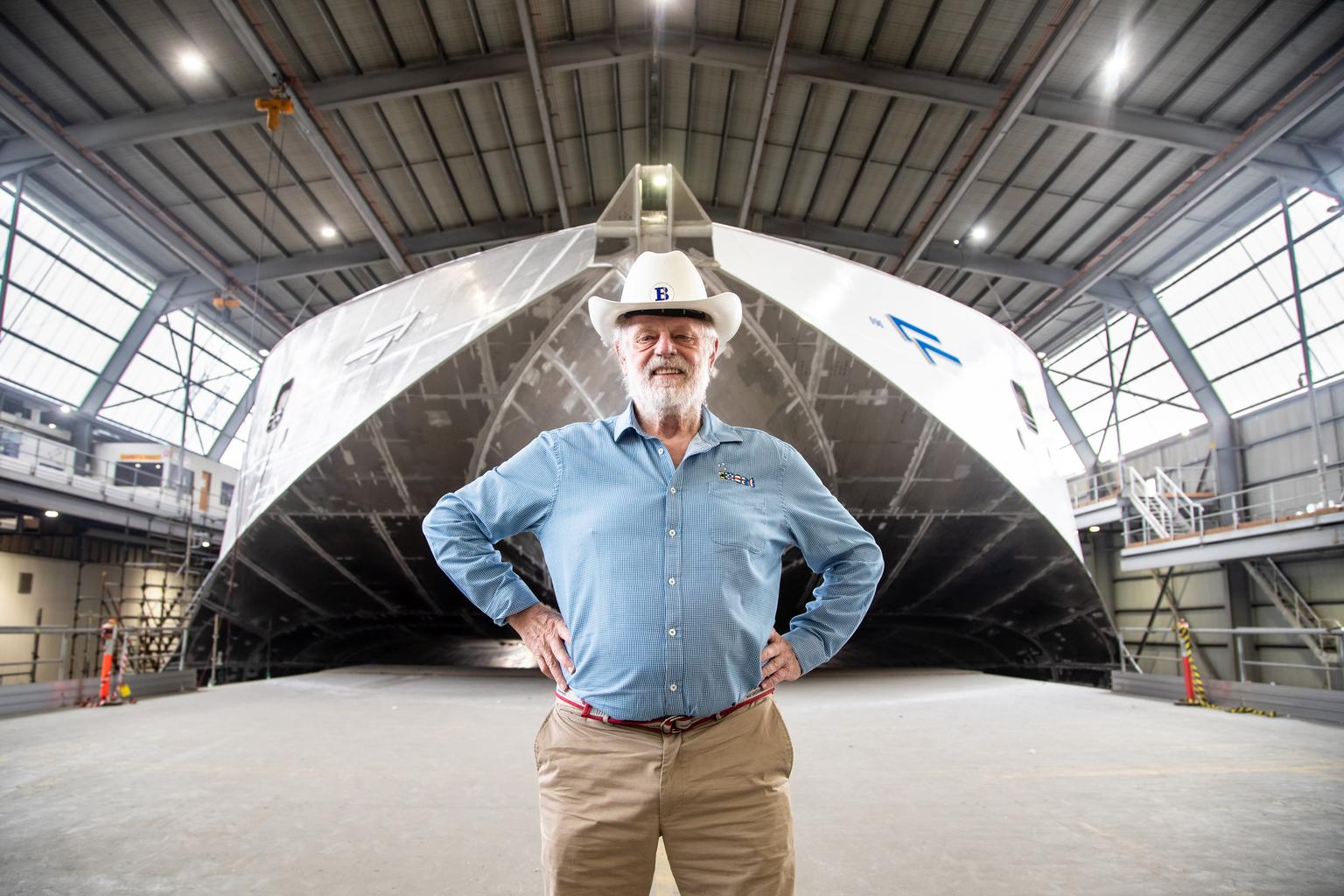Tasmania is facing a worrying economic future as the only state economy in Australia to experience a decline in the 2023-24 financial year, according to the latest Deloitte Access Economics Business Outlook.
The report suggests that the state’s economy is heading towards a recession, despite reaching new employment figures.
While Tasmania had outperformed most mainland states in population growth during the pandemic, its growth has now stalled.
In 2022, Tasmania had the lowest population growth rate and the largest outflow of interstate migrants since 1999.
The report predicts sluggish growth for all states except Tasmania and the Northern Territory, with Tasmania projected to contract by 0.3% and the Northern Territory by 1.8%.

However, the housing demand in Tasmania remains relatively strong, with resilient house prices and new dwelling approvals.
Weak household demand is a significant factor contributing to Tasmania’s economic decline, with household consumption growing at the second-slowest rate in the country.
Structural factors such as an aging population and lower labor force participation rate pose further challenges for the state’s economy.
Weak population growth and the end of a housing construction boom are expected to further contribute to the economic downturn.
Despite these concerning predictions, Tasmanian Premier Jeremy Rockliff remains optimistic.

On Thursday, he emphasised the positive aspects of Tasmania’s current economic situation, particularly the record-breaking employment figures.
“With 291,100 employed, we are seeing more Tasmanians in jobs than ever before. This includes a record high of 140,200 women,” Premier Rockliff said.
“We have maintained our record unemployment rate of 3.8 per cent, the lowest in Tasmania’s history, and half what it was under the disastrous Labor-Green Government in 2014,” the Premier said.
“Since getting elected in March 2014, we have seen over 56,000 more Tasmanians in jobs, including over 29,700 more women in jobs and 7500 fewer unemployed Tasmanians.”
“Having a strong economy allows us to invest more into the things Tasmanians care about most – health, education, housing and community infrastructure.”


